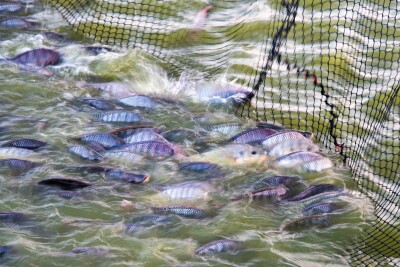I'm embarrassed. Yesterday I read the article, "12 Fish to Stay Away From" on prevention.com. This article doesn't discriminate about what type of seafood to avoid: many fish from different waters made the list (like Atlantic cod). As one commenter says, "I think they just listed every form of seafood currently sold in our stores and restaurants. So what ARE we supposed to eat?"
As a journalist, I'm embarrassed that this article uses one source (Food & Water Watch) to write about a subject the writer seems to know very little about. It reads as if the environmental group handed the writer a press release and it was copied verbatim. Where's the balance?
The problem goes beyond journalistic integrity. I write about fish and seafood every day, but most people don't have time to memorize what's good and what's bad — and to look into whether the group telling them these things has an agenda. Even if you agree with some of the choices on the list, most people will only take away this lesson: don't eat fish.
And this is the broader message that people are getting about your product, your livelihood. That it's bad.
We know that's not true. We know that all fish caught in U.S. waters is managed sustainably, and the only thing a concerned consumer needs to look for is seafood with the United States listed as the country of origin (those labels are required by law).
So what can we do? Tell your friends and family to buy local or U.S. product. You can also point them to websites like NOAA's FishWatch, a site intended for consumers that explains the U.S. fishing industry and its species. NOAA has also launched the educational initiative Seafood 101 to give consumers and especially kids a positive message about U.S. seafood and its health benefits.
For my part, I'm going to keep writing good stories about the people in America who work as fishermen. It's important to show the reality of the U.S. fishing industry and the people in it to counter the bad press and negative information. It's a battle, but it's worth fighting.
Speaking of press, do people in your community know about what you do? Contact a local reporter, or contact me about the possibility of sharing the story of your fishing life in the pages of National Fisherman. You can reach me at [email protected].






